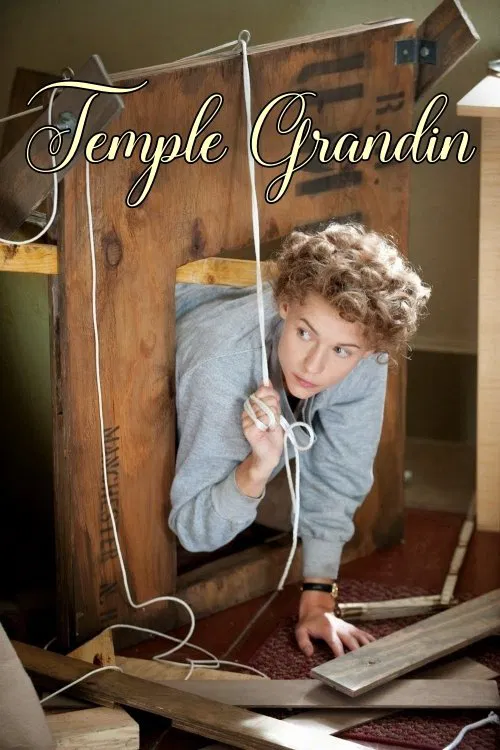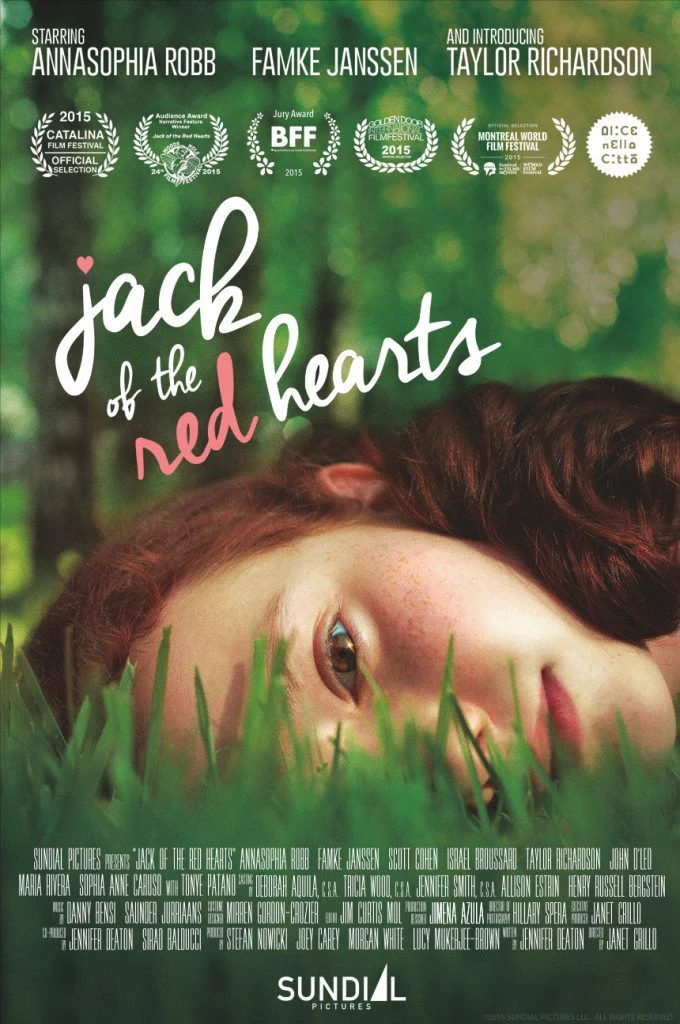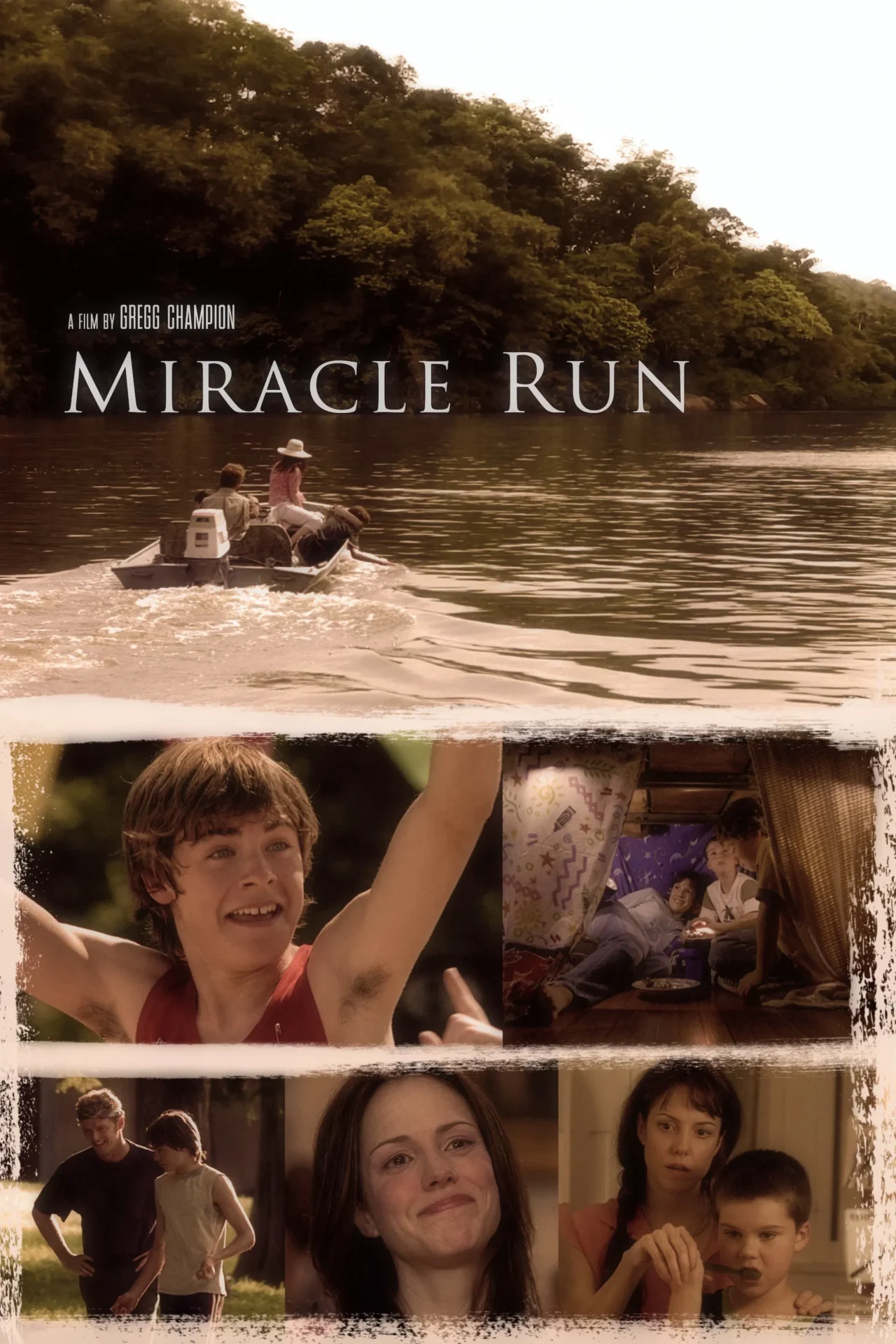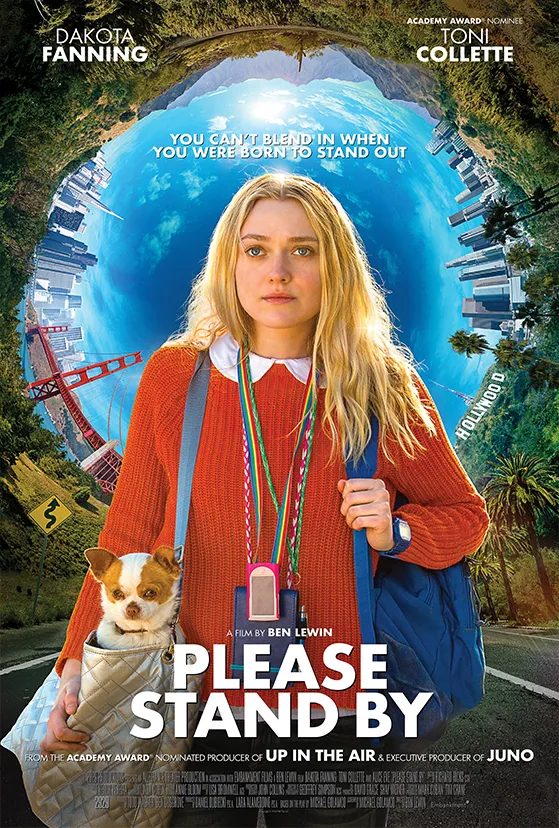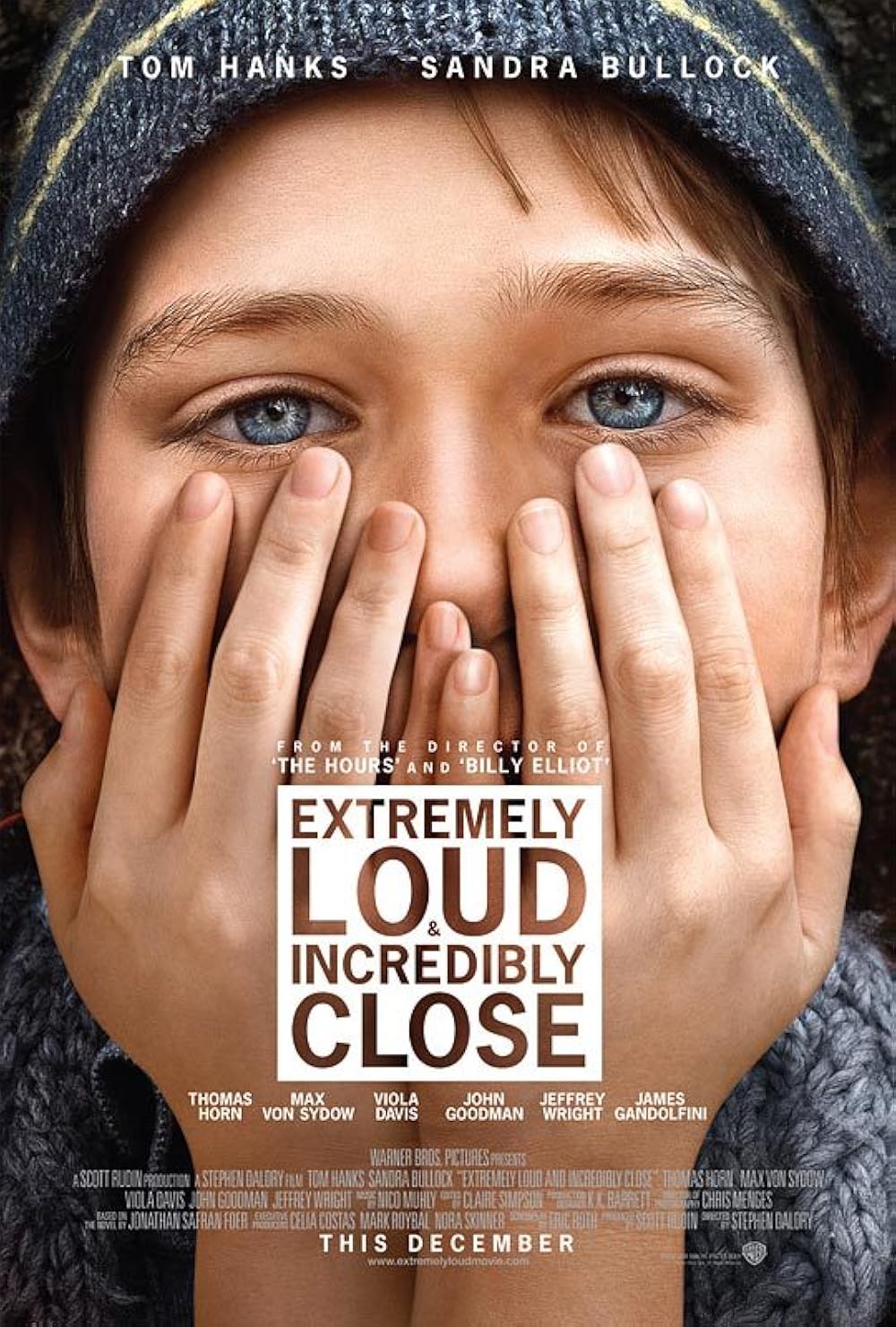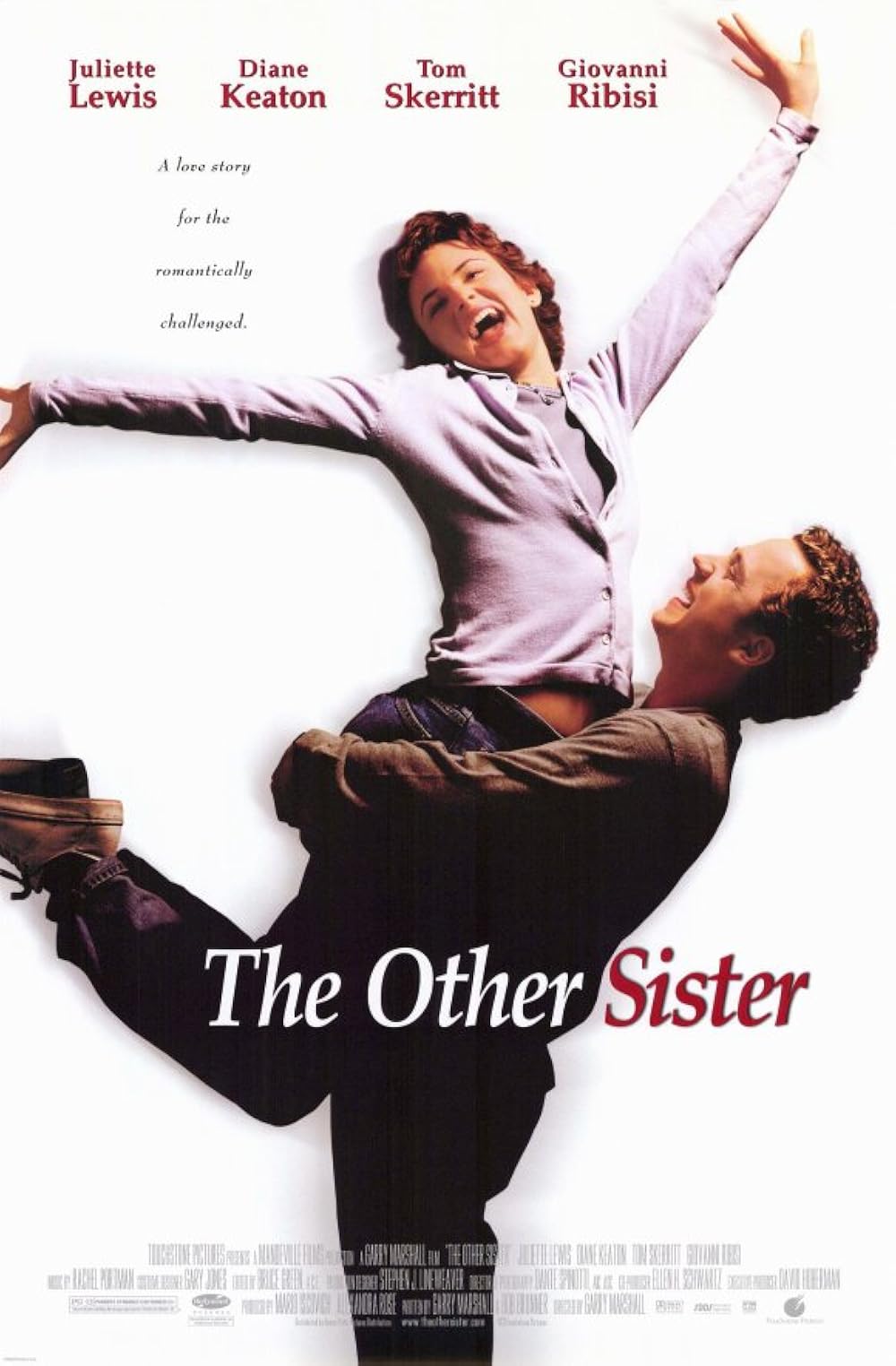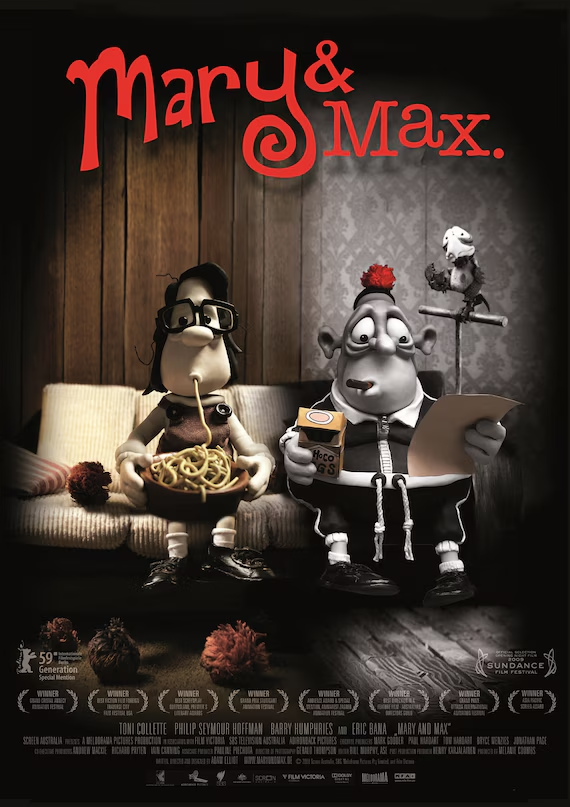Watching movies about autism can deepen empathy and strengthen family bonds. From classics like Rain Man to heart-warming animations like Mary & Max, each film offers an authentic glimpse into the autism experience. In this guide, you’ll discover the best autism films to watch with your family—and learn how to turn movie night into meaningful conversations.
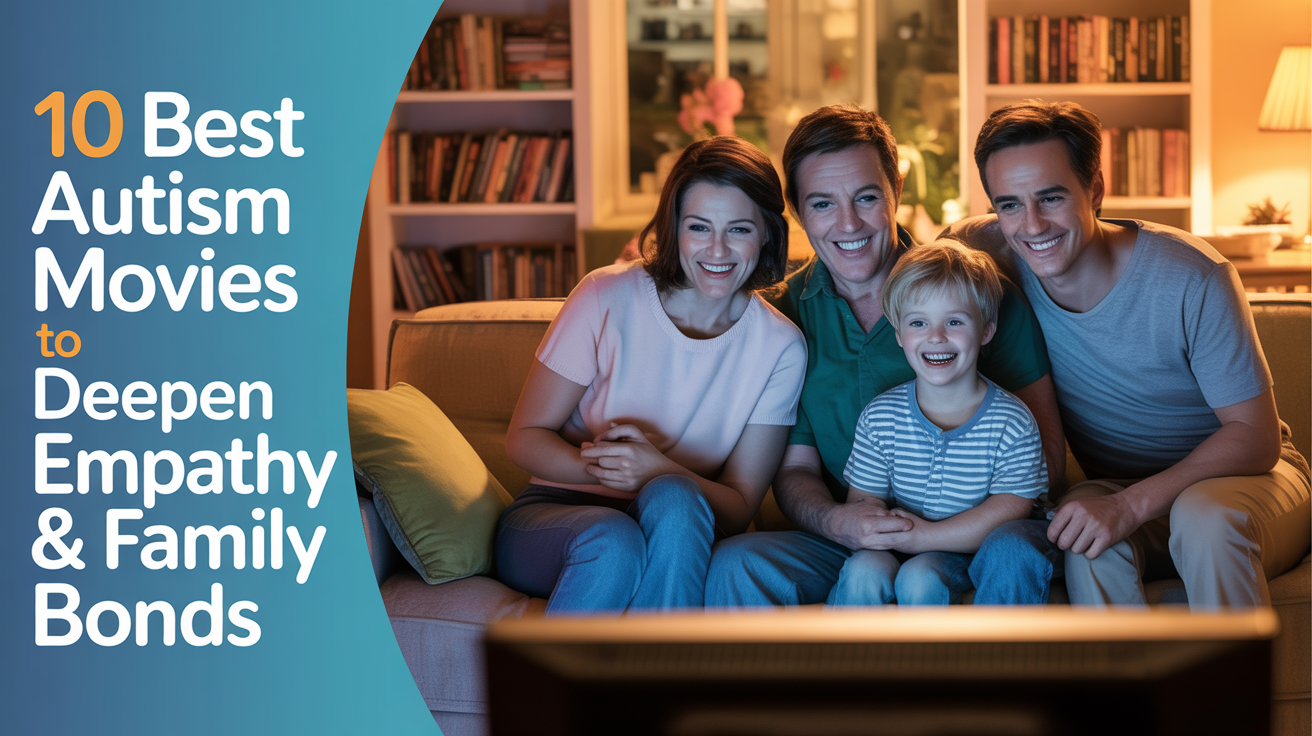
Why Watch Movies About Autism?
Movies about autism give parents a chance to see familiar struggles on screen. They remind us that we’re not alone. They highlight unique strengths. And they spark conversations that build connection.
- Validation: Seeing characters with autism validates real challenges.
- Empathy: Authentic stories help family members understand each other.
- Hope: True-story films show how resilience can triumph.
- Education: Films introduce behaviors and traits you might not know.
Transitioning from “just entertainment” to “shared experience” is easy when you choose the right films. Below, discover our curated list of the 10 best autism films for families.
How We Chose These Top 10 Autism Films
We analyzed reviews, audience feedback, and expert recommendations to find films that:
- Portray autism accurately—avoiding stereotypes.
- Showcase diverse experiences across ages and settings.
- Spark discussion about empathy, acceptance, and resilience.
- Entertain and educate in equal measure.
Many of these films have earned high ratings on IMDb and Rotten Tomatoes. We also linked scientific resources (e.g., CDC: Autism Spectrum Disorder) to back up key points.
1. Rain Man (1988)
Overview:
Charlie (Tom Cruise) learns his estranged brother Raymond (Dustin Hoffman) has autism after their father’s death. Charlie kidnaps Raymond to claim his inheritance—and ends up discovering Raymond’s extraordinary memory skills.
Why It Matters:
- Strength Beyond Stereotypes: Raymond’s math and memory talents challenge one-dimensional views of autism.
- Sibling Bond: Shows how love can grow even from difficult beginnings.
- Cultural Impact: Sparked public interest in autism in the late 1980s.
2. Temple Grandin (2010)
Overview:
Based on the true story of Temple Grandin, this HBO film follows her journey from non-verbal childhood to becoming an animal science pioneer and autism advocate.
Why It Matters:
- Authentic Representation: Highlights Grandin’s unique sensory experiences.
- Hope & Resilience: Demonstrates how early support and determination can lead to success.
- Role Model: Inspires viewers—both on and off the spectrum—to embrace differences.
3. Jack of the Red Hearts (2015)
Overview:
Jack (Essence Atkins) cons her way into a caregiver role for an 11-year-old girl with autism. Through compassion and trust, Jack helps Glory develop crucial social skills while finding her own path.
Why It Matters:
- Family Growth: Explores how autism affects the entire family unit.
- Unexpected Healing: Shows that empathy can come from the most unlikely sources.
- Practical Insights: Highlights communication techniques that parents can adapt at home.
4. Miracle Run (2004)
Overview:
A tear-jerker based on a true story. Corrine (Mary-Louise Parker) fights denial and stigma after her twin sons are diagnosed with autism. Years later, both boys defy expectations.
Why It Matters:
- Parental Journey: Validates the emotional roller-coaster from denial to acceptance.
- Long-Term Perspective: Follows children from early diagnosis to teenage success.
- Resource Spotlight: Encourages families to seek early intervention programs (source: NIH Autism Factsheet).
5. Please Stand By (2017)
Overview:
Wendy (Dakota Fanning) runs away from her caregiver to submit a Star Trek script to a writing contest. Her journey is both literal and metaphorical.
Why It Matters:
- Independence Quest: Highlights the drive for autonomy in autism.
- Communication Challenges: Illustrates obstacles in everyday social interactions.
- Road-Trip Metaphor: Encourages families to view challenges as adventures.
6. Extremely Loud & Incredibly Close (2011)
Overview:
Oskar (Thomas Horn), who shows Asperger-like traits, searches for the lock that matches a mysterious key left by his father before 9/11. His quest opens doors to new friendships.
Why It Matters:
- Grief & Autism: Ties emotional trauma with autism’s coping mechanisms.
- Puzzle-Solving Strength: Highlights pattern recognition common in autism.
- Family Healing: Shows how shared loss can bring families closer.
7. The Other Sister (1999)
Overview:
Carla (Juliette Lewis) returns home from a special school and pushes for independence. She falls for Danny (Giovanni Ribisi), and together they navigate college life.
Why It Matters:
- Adult Relationships: Addresses dating, college, and living solo.
- Parental Anxiety: Captures the tension parents feel when letting go.
- Empowerment: Emphasizes self-advocacy and life skills.
8. The Story of Luke (2012)
Overview:
Luke (Lou Pucci), 25 and on the spectrum, loses his primary caregiver and moves in with relatives. He embarks on a quest for a job and friendship.
Why It Matters:
- Adult Workforce: Highlights employment challenges and workplace inclusion.
- Social Bonds: Emphasizes the importance of community support.
- Humor & Heart: Balances light-hearted moments with real-life struggles.
9. Lilo & Stitch (2002)
Overview:
Though not explicitly about autism, Lilo’s behaviors—sensory sensitivity, social awkwardness—resonate with many on the spectrum. Her bond with Stitch teaches unconditional love.
Why It Matters:
- Allegory for Autism: Makes autistic traits accessible to kids.
- Family and ‘Ohana’: Reinforces the idea that no one is left behind.
- Animated Accessibility: Great entry point for siblings and younger viewers.
10. Mary & Max (2009)
Overview:
A stop-motion animation about Mary (Australia) and Max (New York), both living with autism. They form a decades-long pen-pal friendship.
Why It Matters:
- Cross-Cultural Connection: Shows that autism transcends geography.
- Lifelong Bonds: Highlights the power of friendship over time.
- Empathy Through Animation: Unique style draws viewers in.
How to Host an Empathy-Boosting Family Movie Night
- Set the Scene: Choose a cozy spot. Dim lights. Have tissues ready.
- Pre-Show Chat: Ask everyone what they know about autism.
- Watch Together: Pause for discussion after key scenes.
- Post-Show Debrief: Share feelings. Encourage each person to name one new insight.
Watching these autism movies gives families a chance to see struggles and strengths on screen. You’ll feel validated. You’ll spark empathy. And you’ll build deeper bonds. Start with Rain Man tonight, then explore the rest over the next few weeks. Remember to pause, discuss, and share your insights.
By weaving these authentic stories into your family routine, you’ll create lasting memories—and a stronger, more understanding household.


